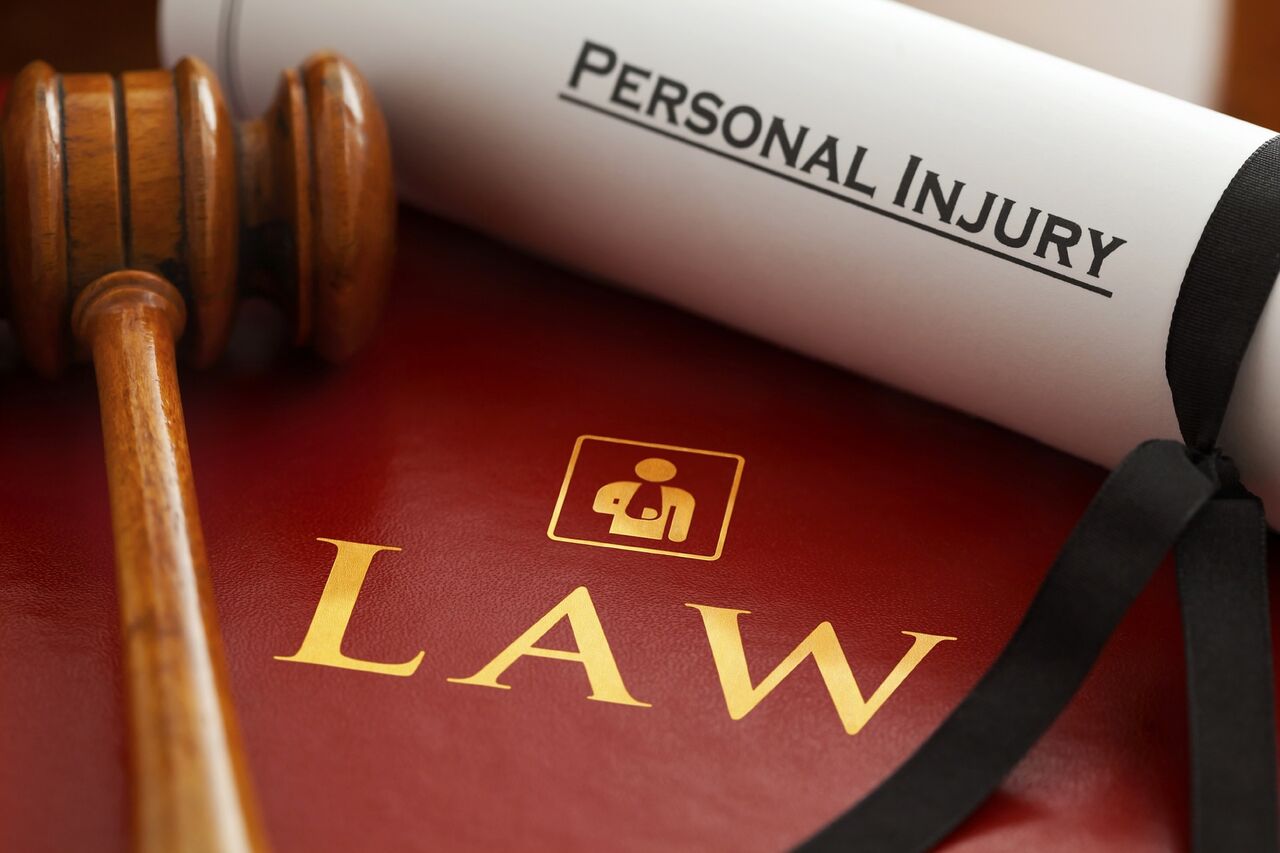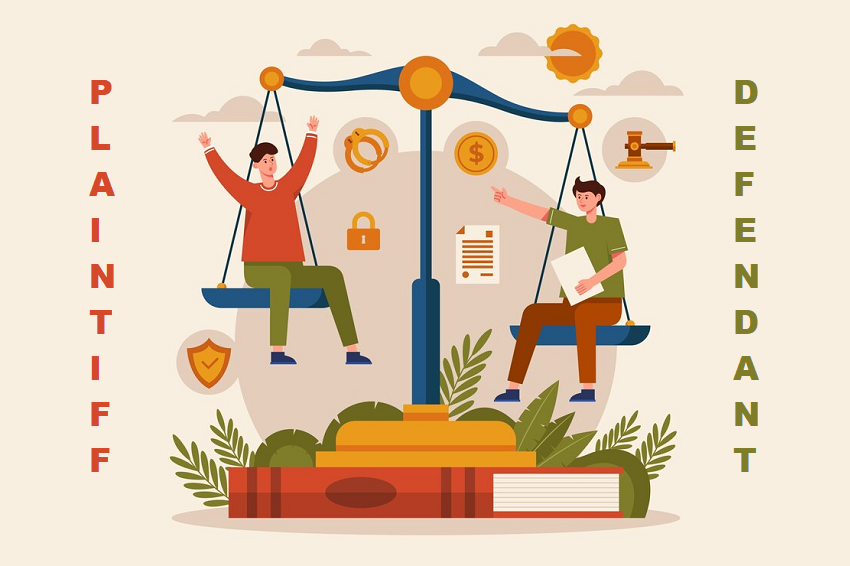Rideshare services promise convenience and safety, but the experience has turned into a nightmare for many passengers. Recent lawsuits against Lyft reveal a disturbing pattern of negligence, with passengers alleging the company failed to protect them from sexual assault.

Survivors have stepped forward to file a Lyft sexual assault lawsuit, shedding light on systemic issues within the platform’s safety protocols. These cases highlight how inadequate background checks, driver monitoring, and a lack of accountability have left passengers vulnerable to harm.
As the number of reported incidents grows, so does the urgency to address these failures. Survivors and advocates argue that Lyft’s prioritization of profit over safety has created an environment where predators can operate with little consequence.
This article dives into the specific acts of negligence cited in these lawsuits, examines the legal battles unfolding across the country, and discusses the broader implications for the rideshare industry.
Inadequate Background Checks
One of the most glaring acts of negligence in Lyft sexual assault lawsuits involves the company’s misfire in conducting thorough background checks on drivers. Survivors and legal experts argue that Lyft often relies on superficial screening processes, which allow individuals with criminal histories or red flags to slip through the cracks.
In some cases, drivers with prior convictions for violent or sexual offenses have gained access to the platform, putting passengers at risk. This lack of rigorous vetting demonstrates a clear disregard for passenger safety, as the company prioritizes rapid driver onboarding over comprehensive scrutiny.
Failure to Monitor Driver Behavior
Lyft’s negligence extends beyond initial background checks. Lawsuits reveal that the company frequently ignores warning signs and complaints about driver misconduct. Passengers have reported inappropriate behavior, such as unwarranted advances or verbal harassment, only to find that Lyft took no meaningful action.
In several cases, drivers accused of assault continued to operate on the platform, enabling them to harm additional passengers. This failure to monitor and address problematic behavior underscores a systemic issue within the company’s safety protocols.
Insufficient Safety Features
Another critical area of negligence lies in Lyft’s inadequate safety features. While the company has introduced tools like in-app emergency buttons and ride-sharing options, these measures often fail to provide real protection. Survivors have highlighted instances where these features failed to prevent assaults or were not utilized effectively during emergencies.
For example, some passengers reported that the emergency button did not connect them to law enforcement quickly enough, leaving them vulnerable in dangerous situations. The lack of robust, reliable safety mechanisms further exposes Lyft’s failure to prioritize passenger well-being.
Delayed Response to Incidents
Lyft’s delayed response to reported incidents of sexual assault has also drawn significant criticism. Survivors have described how the company dragged its feet in investigating complaints, often leaving victims without support or resolution for extended periods.
This slow response not only exacerbates the trauma experienced by survivors but also allows perpetrators to continue operating on the platform. The company’s apparent reluctance to address these issues promptly reflects a troubling indifference to the safety of its passengers.
Lack of Accountability
The most egregious act of negligence is Lyft’s refusal to take full accountability for its drivers’ actions. The company frequently classifies drivers as independent contractors, allowing Lyft to distance itself from liability in assault cases.
This legal loophole has enabled the company to evade responsibility, leaving survivors to bear the emotional, physical, and financial burdens alone. By shifting blame and avoiding accountability, Lyft perpetuates a culture of impunity that endangers passengers.
In summary, the acts of negligence in Lyft’s sexual assault lawsuits paint a troubling picture of a company that has repeatedly failed to protect its passengers. From inadequate background checks and insufficient safety features to delayed responses and a lack of accountability, Lyft’s actions or inactions have created an environment where sexual assault can occur with alarming frequency.
As survivors continue to seek justice, these lawsuits are reminders of the urgent need for systemic change within the rideshare industry. The fight for accountability is far from over, but each case brings us closer to a future where passenger safety is no longer compromised.






